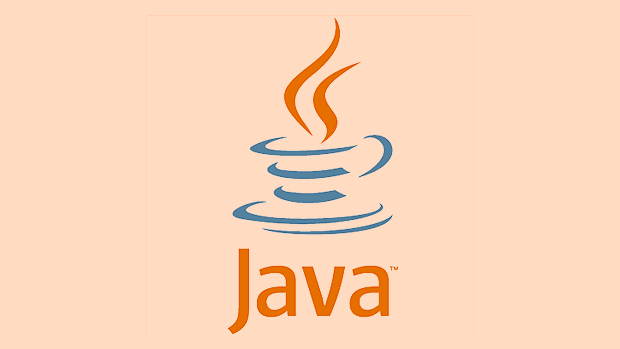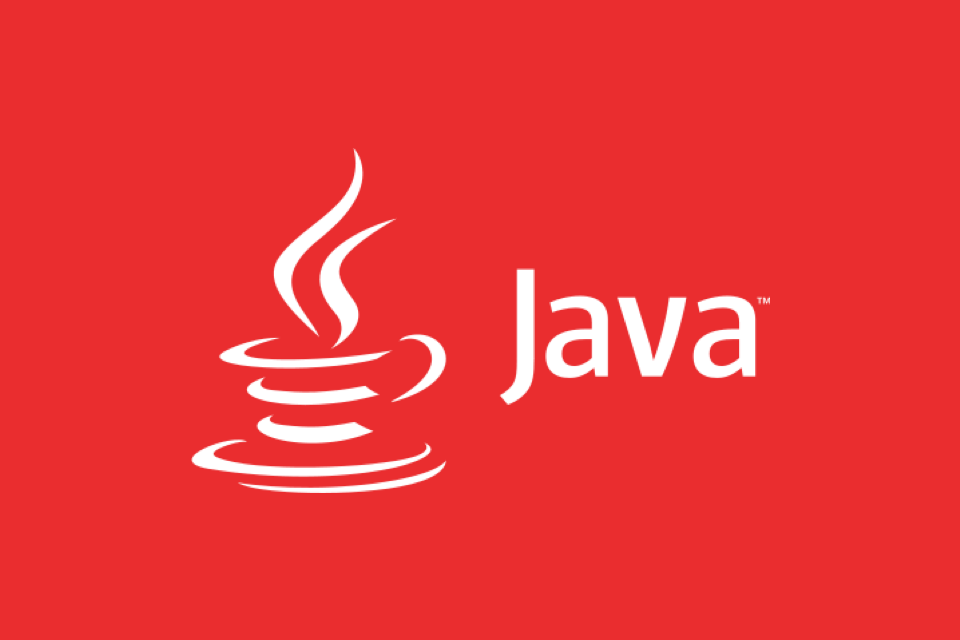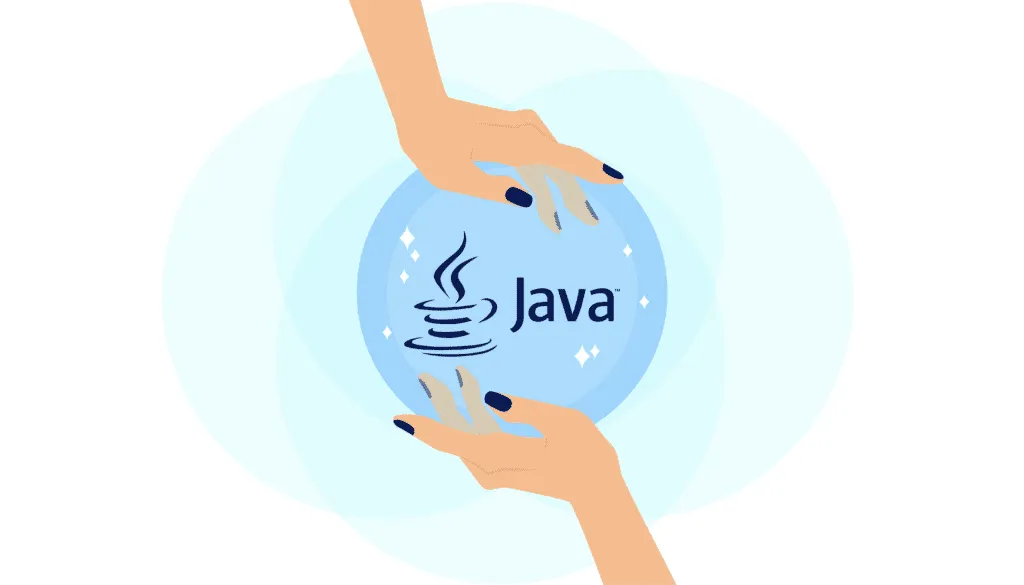To master the Java Streams API, you need to understand the stream structure, avoid reusing streams, make good use of collect and groupingBy, and balance performance and readability. First, stream operations are divided into three parts: creation, intermediate operations, and terminal operations; second, streams can only be used once, and reused use will cause errors; second, collect and groupingBy can simplify aggregation statistics; finally, use Stream moderately to take into account performance and code clarity.

The Java Streams API is a powerful tool for processing collection data. If used well, you can write concise and efficient code. However, many people are easily confused by various methods when they first come into contact. In fact, as long as they master a few core points, they can easily control it.

Understand the basic structure and life cycle of flows
The operation of Stream is usually divided into three parts: creating streams, intermediate operations, and terminal operations . Creation can start with a collection, array, or static methods such as Stream.of() ; intermediate operations such as filter and map are "lazy loading" and will not be executed immediately; only when terminal operations (such as collect or forEach ) are encountered will they actually start processing data.

A common misunderstanding is trying to reuse the same Stream, but once the terminal operation is executed, the stream is "closed". For example:
Stream<String> stream = list.stream().filter(s -> s.length() > 3); stream.forEach(System.out::println); // No problem for the first time stream.forEach(System.out::println); // Error: stream has already been operated upon or closed
So either regenerate the stream or consider collecting the results into intermediate variables.

Make good use of collect and groupingBy for aggregation statistics
collect method combined with the Collectors tool class is almost one of the most commonly used operations on Stream. Especially when doing grouping statistics, groupingBy can simplify a lot of logic.
For example, if you have a bunch of orders, you want to group them by users, and then calculate the total amount of each user:
Map<User, Integer> totalPerUser = orders.stream()
.collect(Collectors.groupingBy(Order::getUser,
Collectors.summmingInt(Order::getAmount))); This writing method is clear and efficient, much cleaner than manually traversing the Map to determine whether the key exists. In addition, partitioningBy can be used for binary classification, such as dividing orders into two groups greater than 100 and less than or equal to 100.
Pay attention to the balance between performance and readability
Although Stream is elegant to write, not all situations are suitable for use. For example, when the number of loops is very small, traditional for loops is more efficient. And excessive nesting will make the code difficult to understand, especially when multiple maps, filters, and flatMaps are mixed together.
A few suggestions:
- If the logic is simple, do not break the filter collect that can be solved in one line.
- Complex logic can be split appropriately, and comments are added to illustrate the purpose of each step.
- ParallelStreams are not always faster, thread switching is overhead, and it is more suitable when there is a large amount of data and stateless operation.
Basically that's it. The Stream API has many functions, but after mastering these key points, it is enough for daily development. What is not complicated but easy to ignore is when you should not use Stream, and keeping it moderate is the key.
The above is the detailed content of Mastering Java Streams API for Data Processing. For more information, please follow other related articles on the PHP Chinese website!

Hot AI Tools

Undress AI Tool
Undress images for free

Undresser.AI Undress
AI-powered app for creating realistic nude photos

AI Clothes Remover
Online AI tool for removing clothes from photos.

Clothoff.io
AI clothes remover

Video Face Swap
Swap faces in any video effortlessly with our completely free AI face swap tool!

Hot Article

Hot Tools

Notepad++7.3.1
Easy-to-use and free code editor

SublimeText3 Chinese version
Chinese version, very easy to use

Zend Studio 13.0.1
Powerful PHP integrated development environment

Dreamweaver CS6
Visual web development tools

SublimeText3 Mac version
God-level code editing software (SublimeText3)

Hot Topics
 Selecting Specific Columns | Performance Optimization
Jun 27, 2025 pm 05:46 PM
Selecting Specific Columns | Performance Optimization
Jun 27, 2025 pm 05:46 PM
Selectingonlyneededcolumnsimprovesperformancebyreducingresourceusage.1.Fetchingallcolumnsincreasesmemory,network,andprocessingoverhead.2.Unnecessarydataretrievalpreventseffectiveindexuse,raisesdiskI/O,andslowsqueryexecution.3.Tooptimize,identifyrequi
 What is the `enum` type in Java?
Jul 02, 2025 am 01:31 AM
What is the `enum` type in Java?
Jul 02, 2025 am 01:31 AM
Enums in Java are special classes that represent fixed number of constant values. 1. Use the enum keyword definition; 2. Each enum value is a public static final instance of the enum type; 3. It can include fields, constructors and methods to add behavior to each constant; 4. It can be used in switch statements, supports direct comparison, and provides built-in methods such as name(), ordinal(), values() and valueOf(); 5. Enumeration can improve the type safety, readability and flexibility of the code, and is suitable for limited collection scenarios such as status codes, colors or week.
 Applying Semantic Structure with article, section, and aside in HTML
Jul 05, 2025 am 02:03 AM
Applying Semantic Structure with article, section, and aside in HTML
Jul 05, 2025 am 02:03 AM
The rational use of semantic tags in HTML can improve page structure clarity, accessibility and SEO effects. 1. Used for independent content blocks, such as blog posts or comments, it must be self-contained; 2. Used for classification related content, usually including titles, and is suitable for different modules of the page; 3. Used for auxiliary information related to the main content but not core, such as sidebar recommendations or author profiles. In actual development, labels should be combined and other, avoid excessive nesting, keep the structure simple, and verify the rationality of the structure through developer tools.
 What is the JDK?
Jun 25, 2025 pm 04:05 PM
What is the JDK?
Jun 25, 2025 pm 04:05 PM
JDK (JavaDevelopmentKit) is a software development environment for developing Java applications and applets. It contains tools and libraries required to compile, debug and run Java programs. Its core components include Java compiler (javac), Java runtime environment (JRE), Java interpreter (java), debugger (jdb), document generation tools (javadoc) and packaging tools (such as jar and jmod). Developers need JDK to write, compile Java code and develop with the help of IDE; without JDK, Java applications cannot be built or modified. You can enter javac-version and java-version in the terminal
 VSCode debugger for Java setup guide
Jul 01, 2025 am 12:22 AM
VSCode debugger for Java setup guide
Jul 01, 2025 am 12:22 AM
The key steps in configuring the Java debugging environment on VSCode include: 1. Install JDK and verify; 2. Install JavaExtensionPack and DebuggerforJava plug-in; 3. Create and configure the launch.json file, specify mainClass and projectName; 4. Set up the correct project structure to ensure the source code path and compilation output are correct; 5. Use debugging techniques such as Watch, F8/F10/F11 shortcut keys and methods to deal with common problems such as class not found or JVM attachment failure.
 Using Laravel Collections | Powerful Data Handling
Jun 27, 2025 pm 05:44 PM
Using Laravel Collections | Powerful Data Handling
Jun 27, 2025 pm 05:44 PM
LaravelCollections provides a smooth, object-oriented way to process array data, with its core advantage simplifying data filtering, transformation and aggregation operations. 1. Use where(), filter() and reject() to achieve flexible data filtering; 2. Use map() and pluck() to easily convert and extract data; 3. Use countBy() and reduce() to perform data grouping and summary analysis. These methods enable developers to replace traditional array processing logic with more concise and readable code, greatly improving development efficiency.
 How do I set up VS Code for Java development?
Jun 29, 2025 am 12:23 AM
How do I set up VS Code for Java development?
Jun 29, 2025 am 12:23 AM
To use VSCode for Java development, you need to install the necessary extensions, configure the JDK and set up the workspace. 1. Install JavaExtensionPack, including language support, debugging integration, build tools and code completion functions; optional JavaTestRunner or SpringBoot extension package. 2. Install at least JDK17 and verify through java-version and javac-version; set the JAVA_HOME environment variable, or switch multiple JDKs in the status bar at the bottom of VSCode. 3. After opening the project folder, make sure the project structure is correct and enable automatic saving, adjust the formatting rules, enable code checking, and configure the compilation task to optimize the opening.
 Windows search bar not typing
Jul 02, 2025 am 10:55 AM
Windows search bar not typing
Jul 02, 2025 am 10:55 AM
When the Windows search bar cannot enter text, common solutions are: 1. Restart the Explorer or computer, open the Task Manager to restart the "Windows Explorer" process, or restart the device directly; 2. Switch or uninstall the input method, try to use the English input method or Microsoft's own input method to eliminate third-party input method conflicts; 3. Run the system file check tool, execute the sfc/scannow command in the command prompt to repair the system files; 4. Reset or rebuild the search index, and rebuild it through the "Index Options" in the "Control Panel". Usually, we start with simple steps first, and most problems can be solved step by step.






